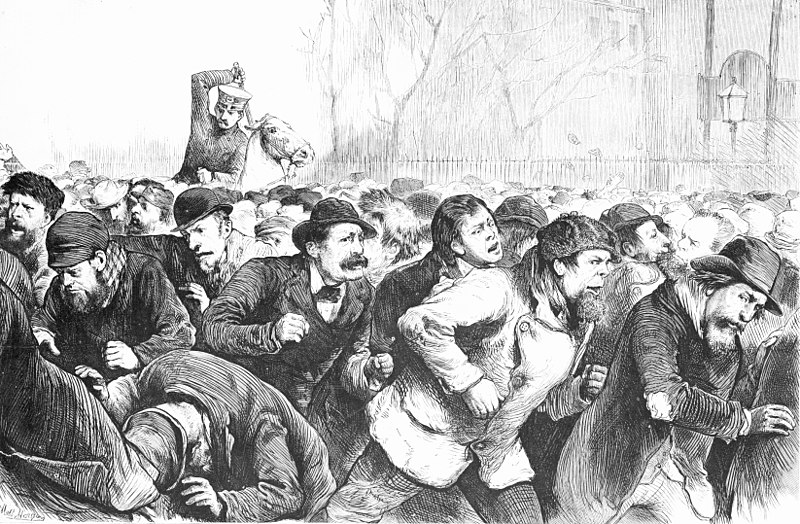The redoubtable Anthony Sacramone has been energized once again in his blogging at Strange Herring, which makes the world a sweeter and better place in so many ways. Today he reviewed the new film, “Our Idiot Brother.” He kind of liked it, but was not blind to its conceptual failings. Especially in the area of honesty, as seen through Hollywood eyes:
The moral of our story is that honesty is the best policy. And “openness” to others is the free-est form of expression. It sounds so simple and right. Except, well, this is Hollywood. And even its moralizing needs some desanitizing.
It’s possible to be so “open” to the other that one becomes a mere experiment in someone else’s “life journey.” One can also use “honesty” as a cover for merely being frank. You know the difference between being honest and being frank, right? Abraham Lincoln was honest. Adolf Hitler was frank.
The frank person makes no bones about the fact that he is robbing you, but insists that this “admission” also makes him honest. The frank person admits to cheating you, or cheating on you, and insists that needs must be met, and what about those banks and insurance companies and Wall Streeters?
To be honest means more than calling a spade a spade. It is also means more than mere earnestness. It is a a habit of mind, heart, and soul. It is a form of personal integration — integritas — that emanates from the center and not from attempting to Crazy Glue all the broken pieces back together with hollow apologies and confessions of being merely human.






